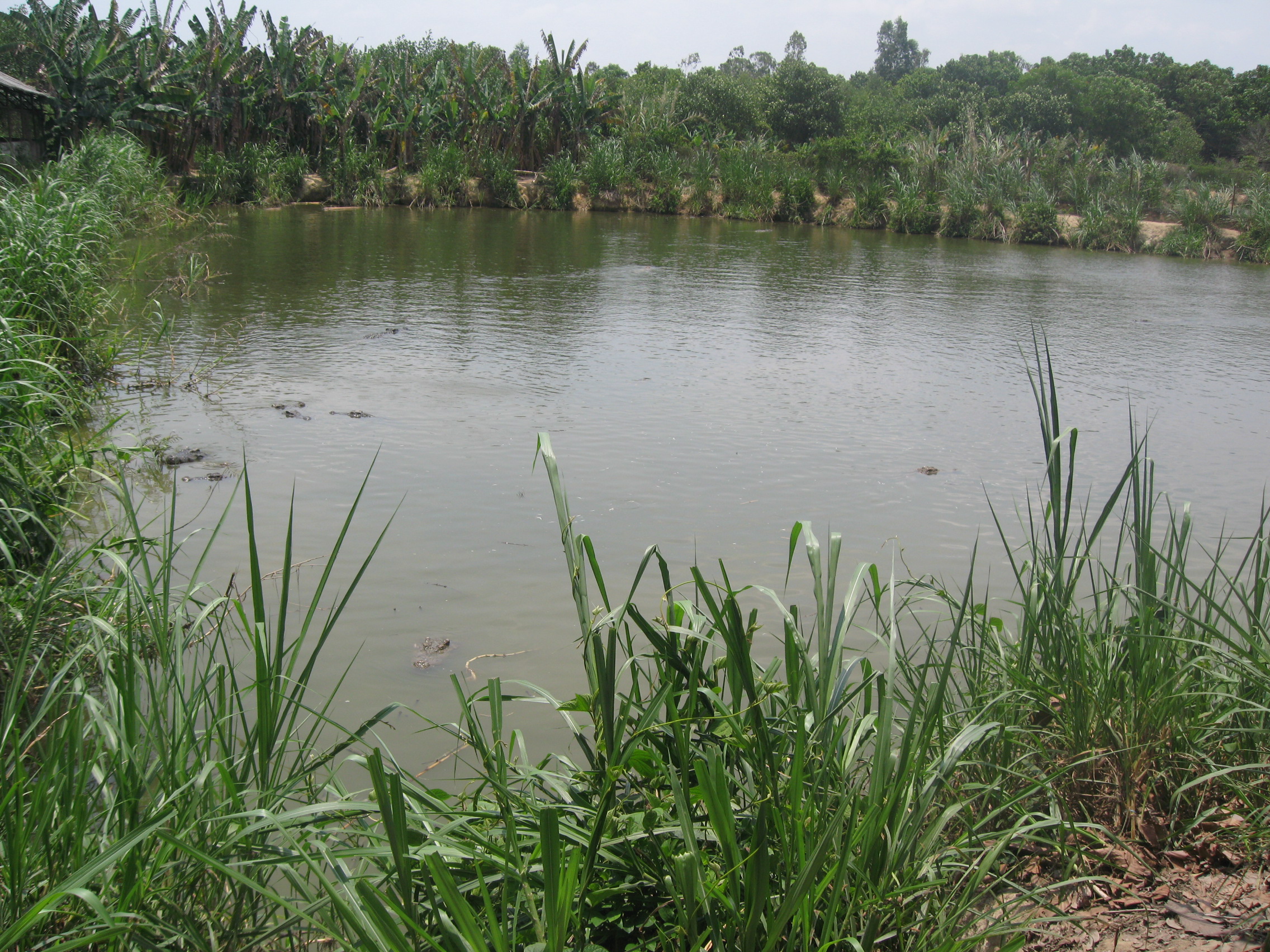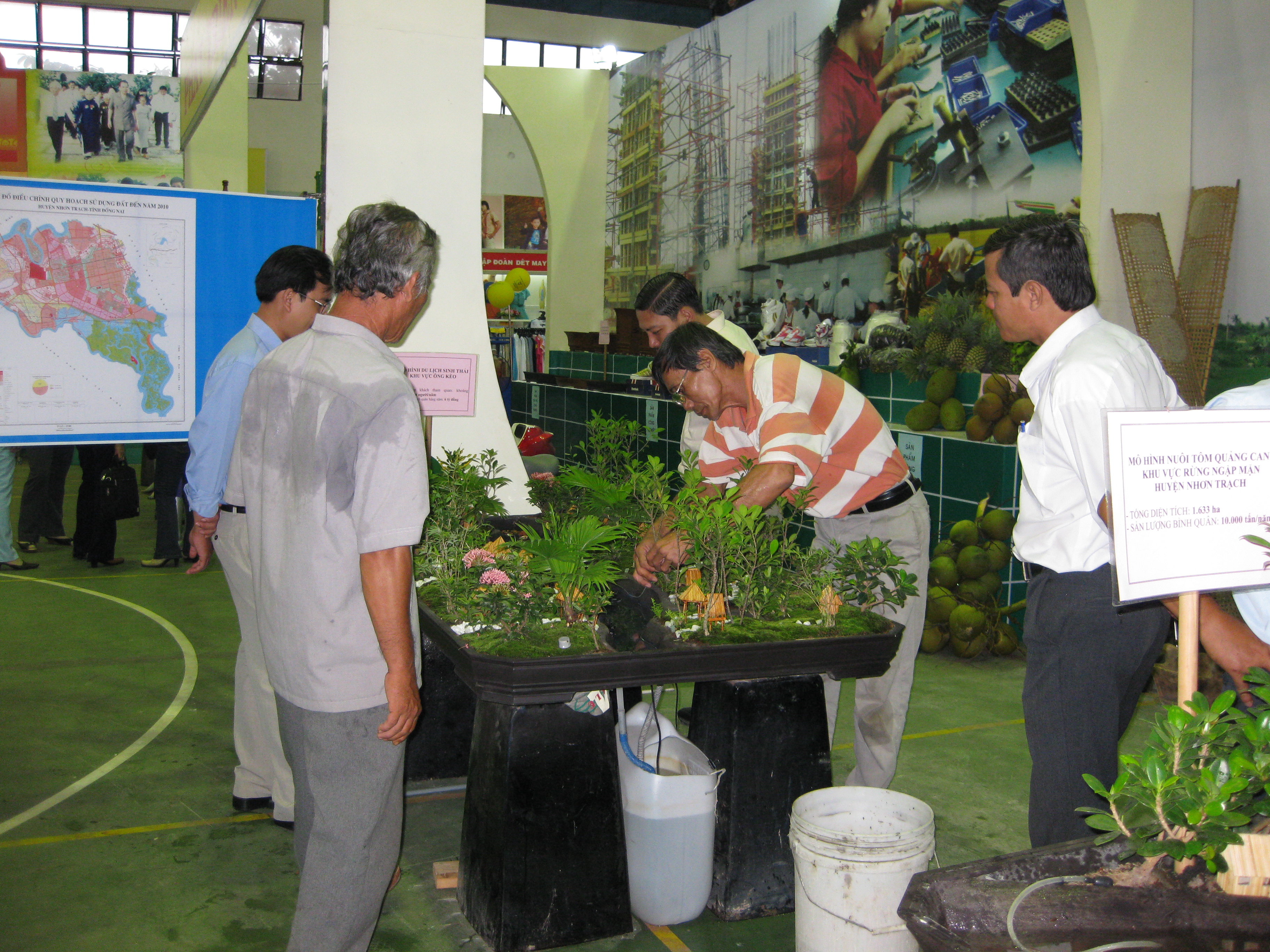For the groups of criteria that are
classified according to fields, over 90% of criteria or more have been
satisfied. 10 model residential areas that have registered to complete criteria
in 2020 will achieve 60%-80% of the total number of targets. For the goal of
completing improved new countryside communes, since early this year two communes
have completed their application for being recognized as improved new
countryside communes. In addition, 11 communes have completed the criteria for
improved new countryside areas with achieved 14-18 criteria, higher than those
of the same period in 2019.

It is necessary to improve local economic
development programs
Now, there are 5,177 (58.2%) out of the total number
of communes that have met requirements for new countryside, up by 371 communes
(5.2%) compared to late 2019; the achieved national average number is 16.2
criteria per commune; 126 out of 664 district-level units in 45 provinces and
central cities (28.9%) have been recognized to complete their assigned tasks and
satisfy requirements for the improved new countryside by the State Prime
Minister; 9 provinces and cities have 100% of their communes, which have met
requirements for new countryside area; Nam Dinh and Dong Nai provinces were
recognized to complete their construction of the new countryside in the period
of 2016-2020 by the State Prime Minister. Also, Thai Binh province has applied
for being recognized to complete the construction of the new countryside by the
State Prime Minister.
In May 2020, 61 out of 63 provincial People’s
Committees approved of and implemented projects and OCOP program implementation
plans; 32 provinces and cities assessed, classified and approved of 1,711 OCOP
products, reaching 71.3% or 2,400 products as planned of 986 subjects that have
participated in the OCOP program.
The program has completed 5-year targets in the
period of 2016-2020 assigned by the Party, the National Assembly and the
government. 8 out of 19 criteria under the set of national criteria for rural
communes have just exceeded plans compared with the targets assigned by the
State Prime Minister. A lot of innovative ways, effective models, practicality
and quality are increasingly being developed and replicated, marking a quality
change in the implementation of the Program. The new countryside has seen a
marked improvement in the provinces within the disadvantaged region with some
district-level units that have been recognized to meet required standards or
completed the construction of a new countryside. The achievements of the new
countryside construction of some regions are still lower than the overall level
of the entire country, and there is still a big gap in terms of the achievements
among regions. 45 districts in 22 provinces and cities have still had no new
countryside communes; 9 provinces have had a very low number of communes meeting
required standards, below 30%.
Due to the impact of the COVID-19 pandemic, the
direction and implementation of the Program in localities have been affected and
the progress of allocating the central budget capital has still been slow. At
present, there are still 16 provinces that have not yet allocated capital in
detail to units and investors; 12 localities have not fully allocated their
quota capital; and the disbursement rate is lower than the same period in 2019.
The quality that meets required standards and
maintaining achievements after meeting all required standards in some localities
is still poor; the ability to adapt to climate change is low. The quality of
infrastructure and constructions has shown signs of deterioration after meeting
required standards due to lack of attention and regular maintenance. Some
districts and communes, after being recognized as meeting required standards,
have not paid attention to continuing to improve criteria, but focused on
building a model new countryside.
In 2020, a number of specific solutions are set out
to implement several key tasks: continuing to improve efficiency and quality of
the comprehensive implementation of the New Countryside Program; striving to
complete and exceed the targets by 2020; accelerating progress, improving
efficiency and reviewing the key programs and projects (OCOP Program,
Environment Project, District-Level New Countryside Project, New Countryside
Project in disadvantaged areas, and so on); the Orientation of the National
Target Program on New Countryside Construction in the period of 2021-2025 (The
investment policy of the National Target Program on New Countryside
Construction; the Set of the National Criteria for New Countryside Areas).

The new rural program sets out a lot of important
goals
In the period of 2021-2025, the New Countryside
Program set out many important goals including improving the materialistic and
spiritual lives of rural people; building synchronous and modern rural
socio-economic infrastructure associated with the process of urbanization and
adaptation to climate change; promoting IT application in the construction of a
new countryside; ensuring the environment and rural landscape to be bright,
green, clean, beautiful and safe and the rural life rich in traditional cultural
identities; making the countryside a place that is worth living; striving to
achieve the targets of having at least 80% of communes that have met required
standards by 2025 and no communes with the achieved standards under 15;
localities (communes, districts and province) that were recognized to meet
required standards are supposed to continue to build the improved new
countryside and a model new countryside; the average income of people in the
countryside has increased at least 1.36 times compared to 2020.
In Dong Nai province, thanks to the targets of
constantly improving the quality of building an improved new countryside and a
model countryside, the provincial New Rural Construction Program Coordination
Office focuses on further improving the quality of verification and appraisal as
well as the request for the recognition of meeting the required standards of a
new improved countryside and a model new countryside, and continuing to
strengthen the inspection and supervision of the implementation of the program
in the communes that are slow to carry out the criteria for improved new
countryside.
Duy Minh (Thao Lam)